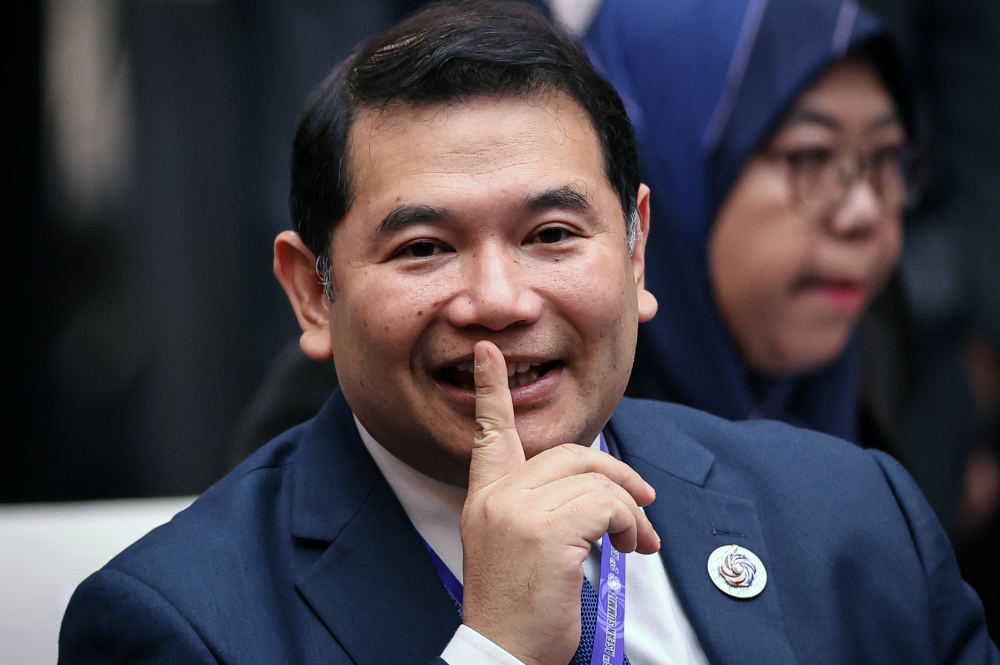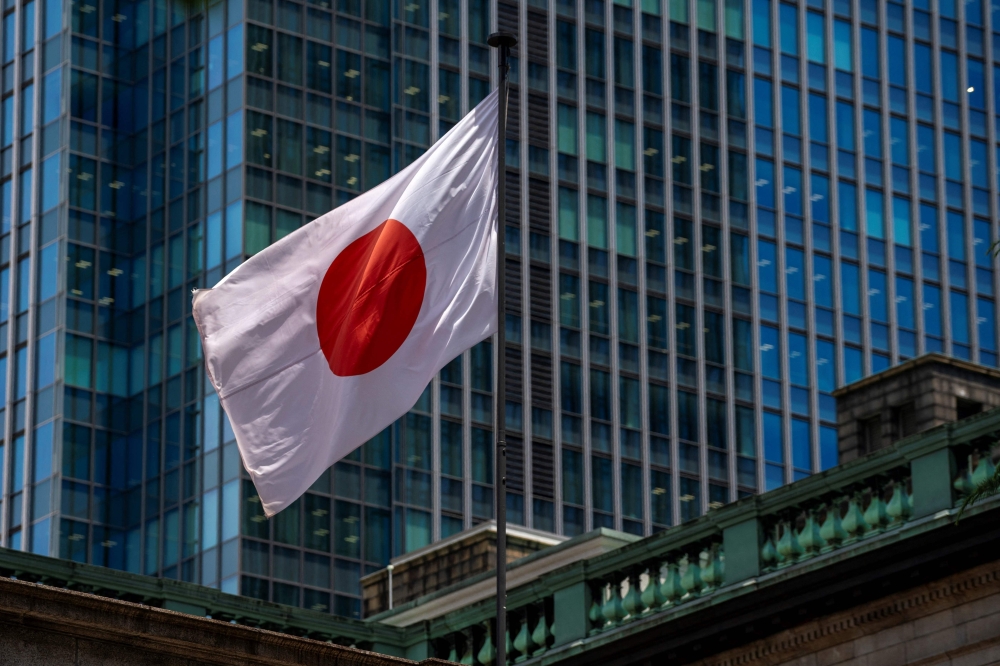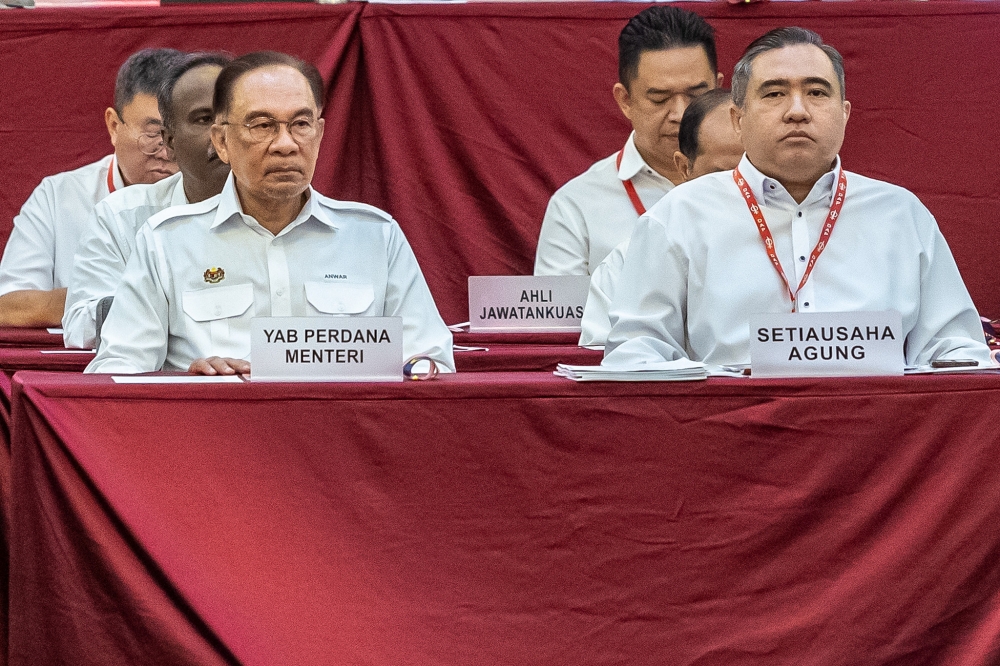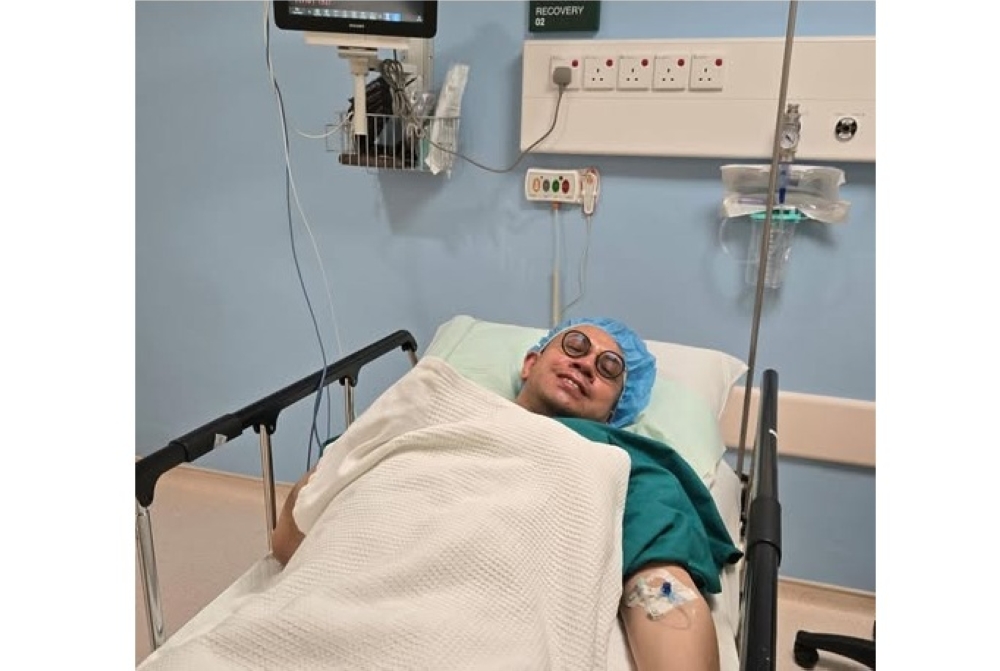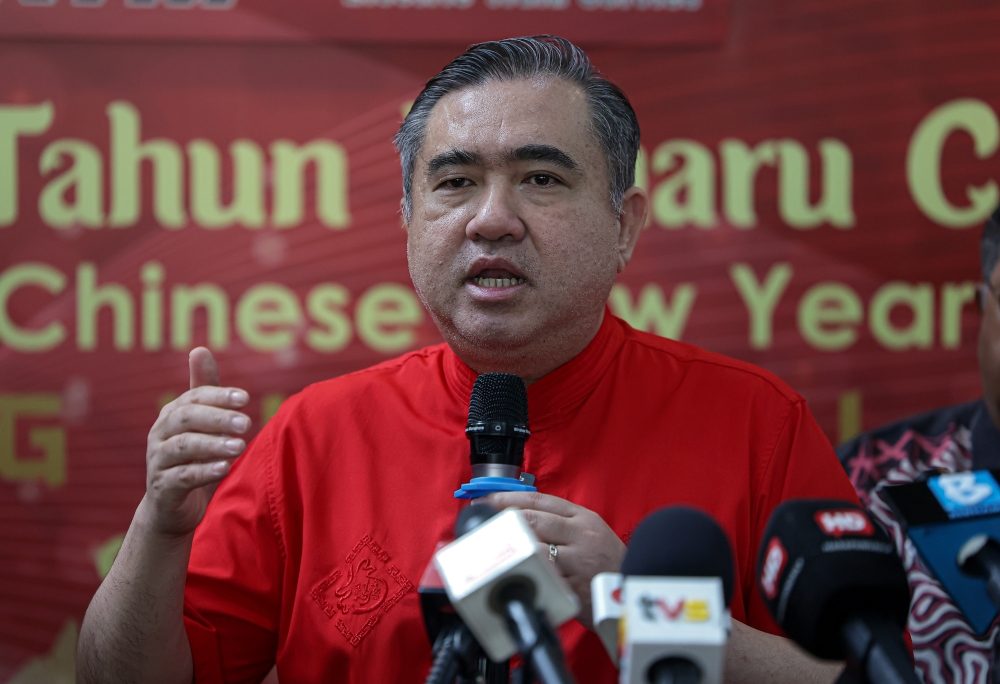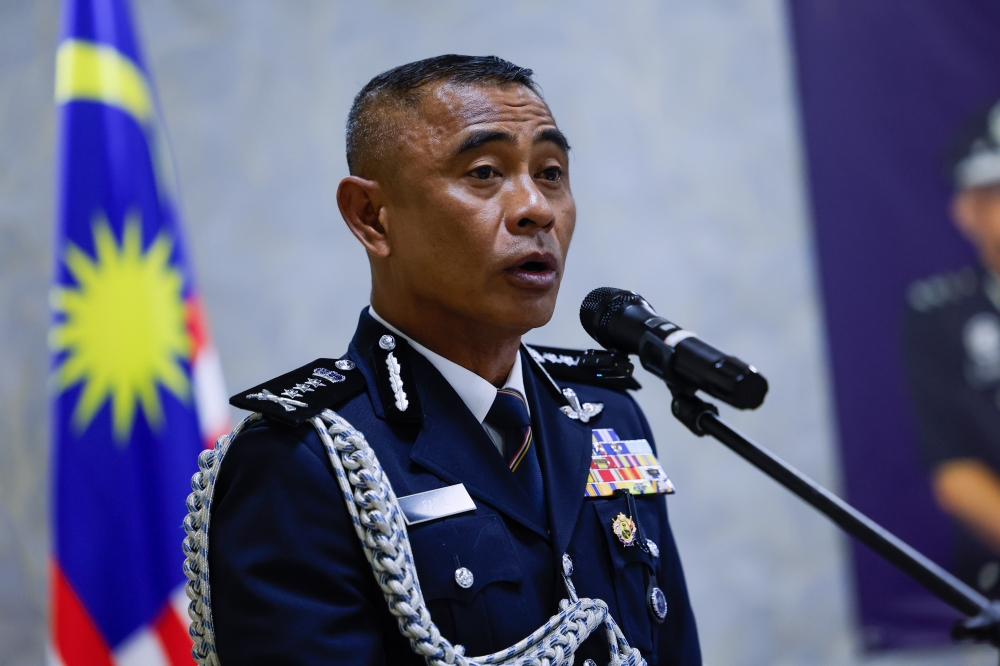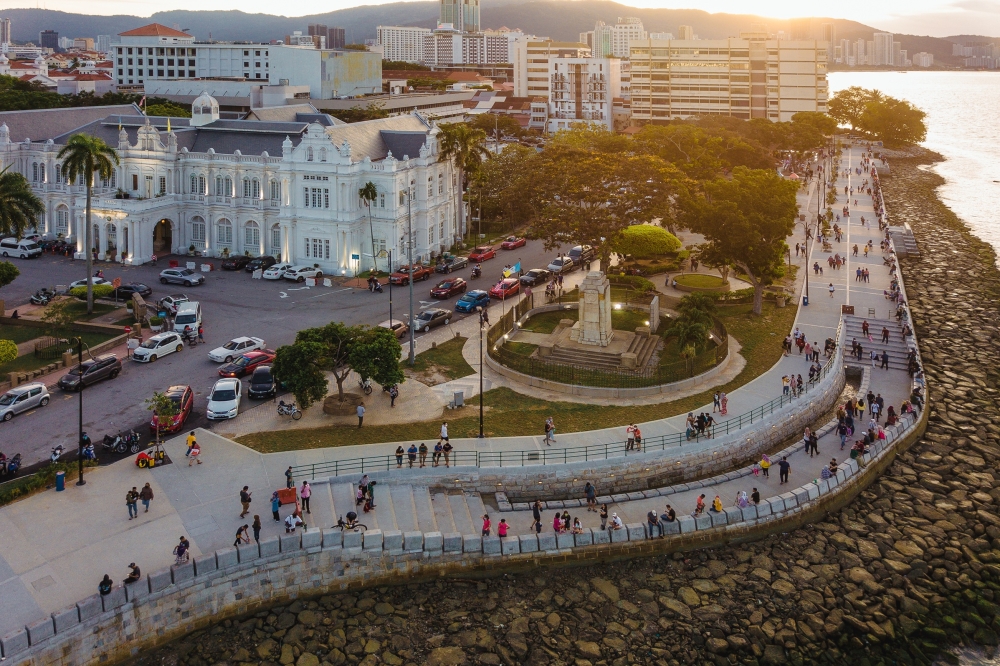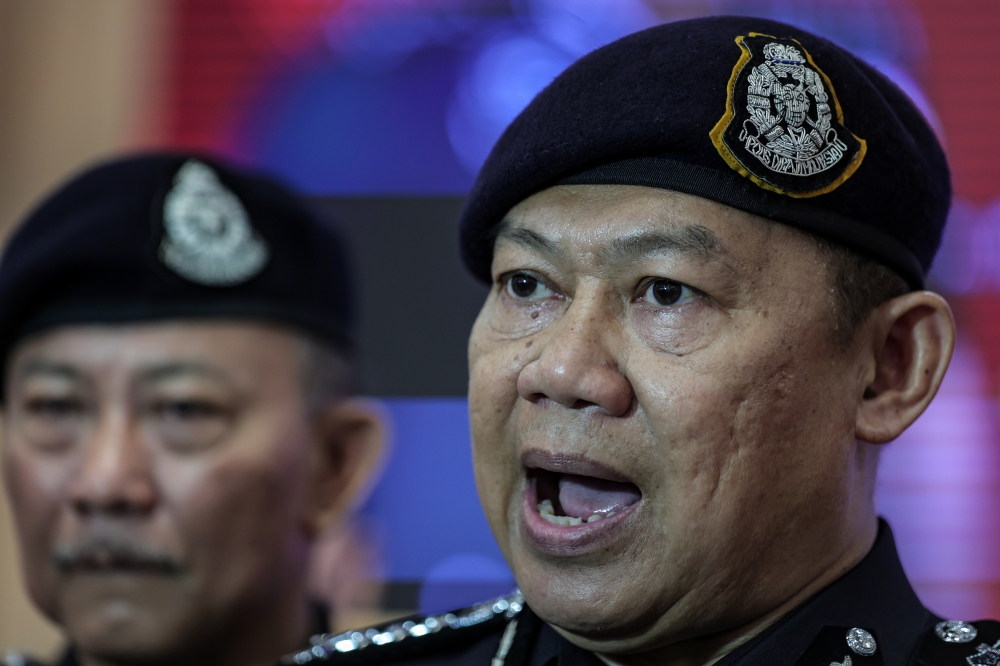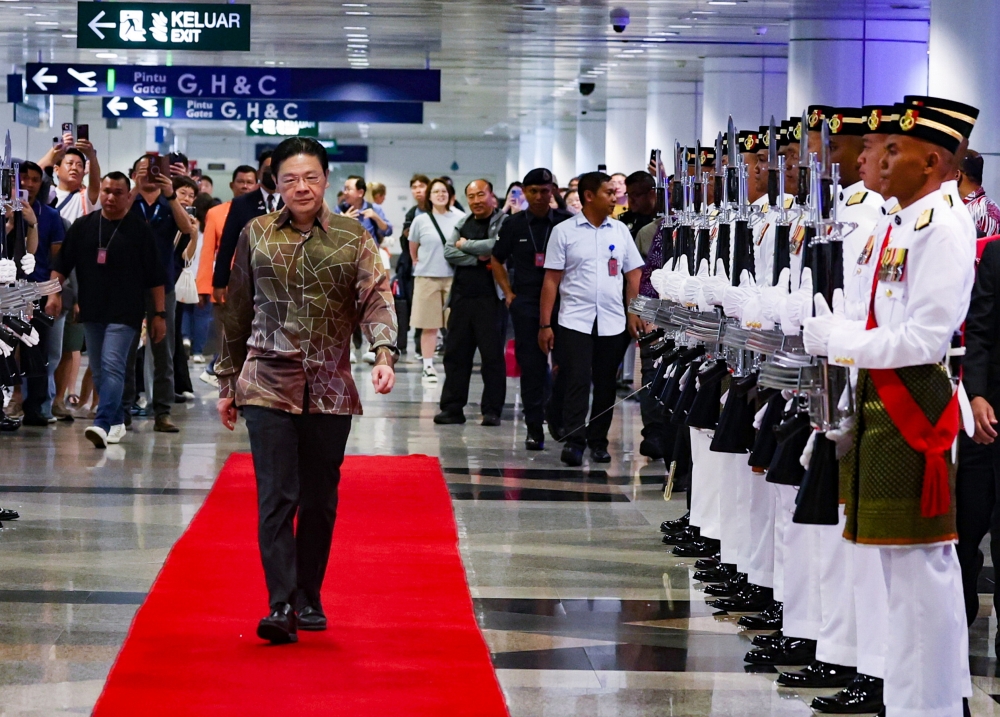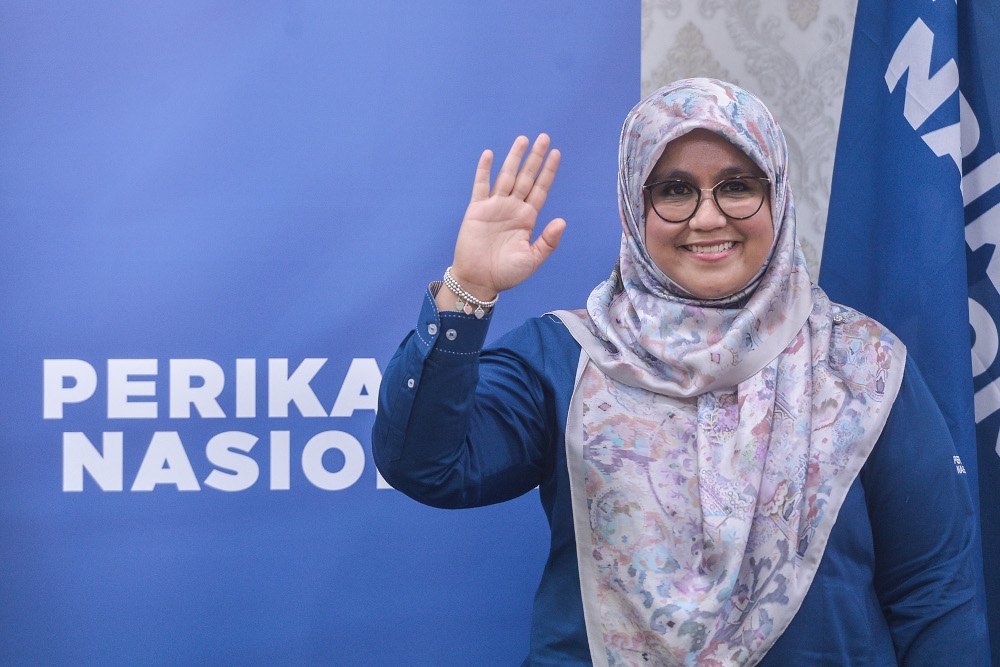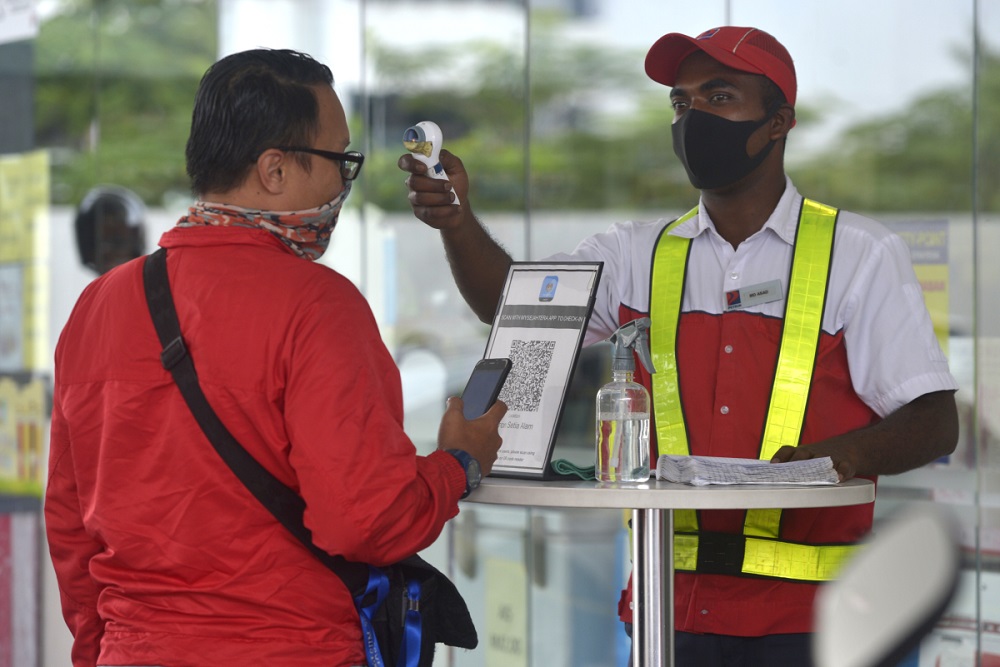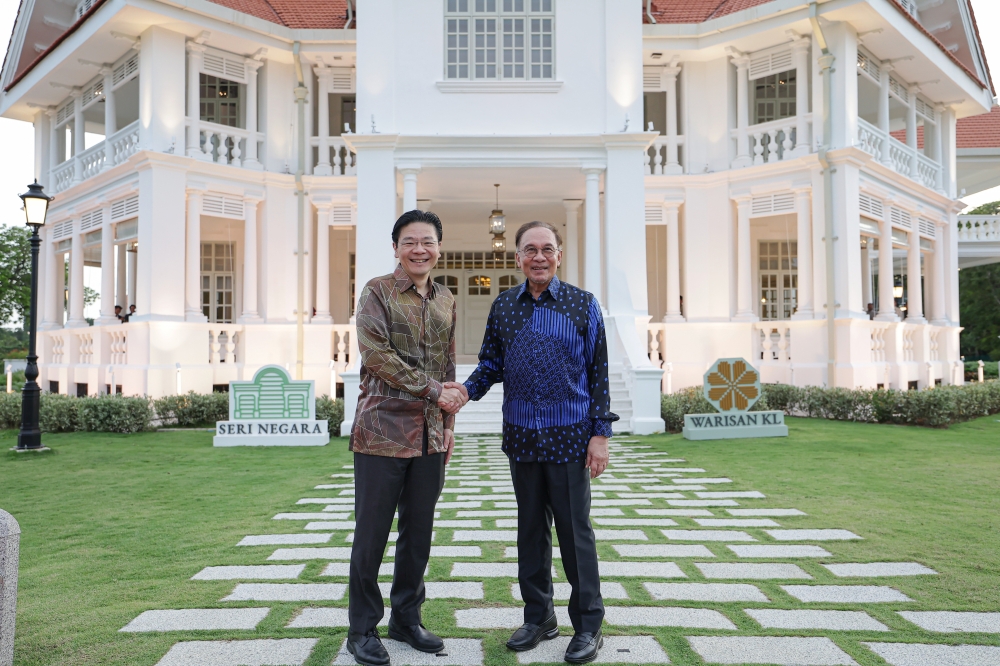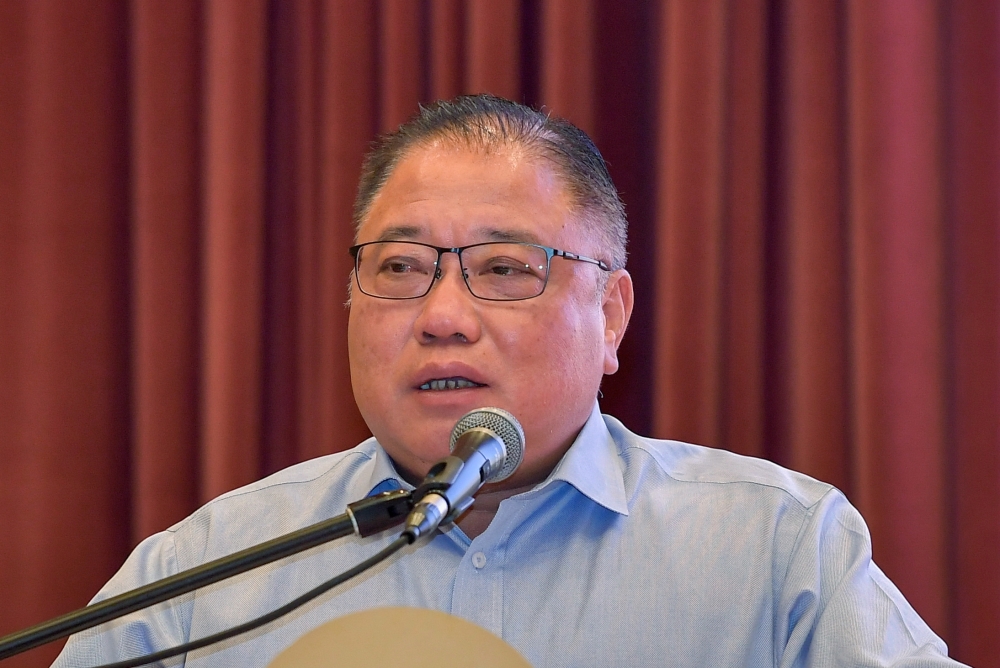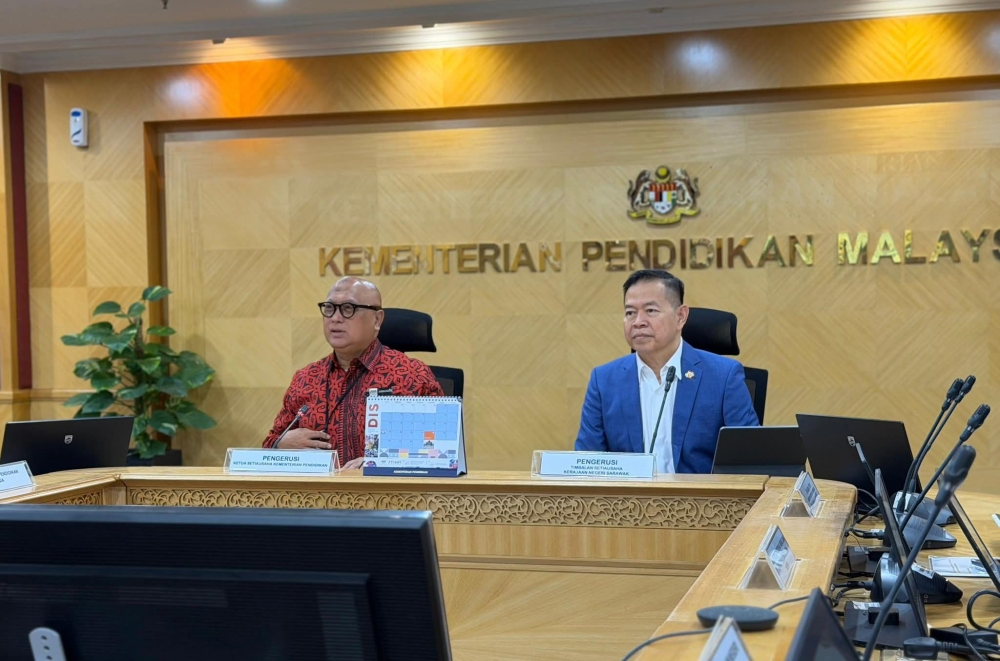KUALA LUMPUR, Nov 12 — The recent confusion over whether Malaysians need to record their visit at petrol stations when refueling their vehicles has now been resolved with a full set of rules by the National Security Council earlier this week, but what can we learn from this episode?
Here’s a quick reminder of the government’s latest standard operating procedure (SOP) on the MySejahtera app at petrol stations, as of November 10:
Simple is good, but detailed SOPs can prevent enforcement disputes
Universiti Malaya’s (UM) professor of human resources management and public administration Loo-See Beh said this new set of SOP guidelines is more detailed and comprehensive, as it clearly states when registration with the MySejahtera app is needed when using the various facilities available at petrol stations.
“This is to clarify any misunderstanding between one authority and the other in terms of implementation, as is usually the case on many occasions and consequently, it's the public who suffers due to unclear guidelines.
“Even though the above chart seems cumbersome for many, especially only in one business type, it's good to avoid any misunderstanding between public users and authorities that might interpret the SOPs differently,” said Beh, who heads the department of administrative studies and politics at UM’s faculty of economics and administration.
Beh went on to recommend putting up a chart of the SOPs on MySejahtera registration in the petrol station premises upon entry or at any obvious pillars or pump stations or locations from within and inside the station, to ensure such guidelines are “clearly visible to all” and to ensure that no dispute arises between the public and the authorities during enforcement.
“In fact, all SOPs for different premises should be displayed prominently to serve as reminders to all users,” she told Malay Mail when contacted.
As for the government’s SOPs on Covid-19 in general, Beh said: “Of course, it is best to simplify any guidelines issued but having said that, at times we can't avoid but to have far more details in SOPs because otherwise, they can be questionable and open to many interpretations.”
Beh said SOPs must be very clear, noting as example that this might mean spelling out that tables at eateries that can seat up to four people are not joined together, as this may be already clear to some with the current SOPs while others may try to act creatively by joining the tables without realising that it would defeat the SOP’s purpose of ensuring social distancing.
Noting that the SOPs have affected many businesses and the economy as the country tries to contain Covid-19, Beh said that it is important to strike a balance when guidelines are issued to ensure that they are not burdensome.
“The balance of requirements and SOPs can be better thought of and discussed from within the NSC before releasing them to the public to avoid any confusion and updates that so often occur the very next moment/day,” she said.
Beh said it is laudable for the government to continue measures found to be effective at reducing Covid-19 risks and to drop any that were not effective or no longer necessary given the continuously evolving Covid-19 situation, but stressed that it would be important to ensure that both the public and enforcement officers are aware of the latest SOPs.
“The list as it is now are updated from time to time but sometimes the public may not realise whether the previous SOPs still apply, hence the confusion and the inability to remember all the guidelines which is understandable thus resulting in some citizens unintentionally breaking these SOPs.
“Thus, the new updated list from time to time could also include what are the SOPs that are no longer applicable in addition to what is currently enforced,” she said.
Currently, the SOPs issued by the government only mention the latest SOPs, but do not state what has been changed from previous editions of the SOPs.
Beh said it can be critically important to provide a grace period for the purposes of educating and enforcing the rules, suggesting that the current notice period for enforcement of SOPs is too short and could be extended for several days more.
“In my opinion, a grace period is encouraged for these information to be well-received so that the public can better digest the information that can appear to be confusing to some, as well as to iron out any teething problems that might arise during enforcement by the authorities who also might have interpreted it differently especially in the initial announcement of new SOPs by the NSC as we have seen on many instances,” she concluded.
.jpg)
SOPs not the problem, but implementation is the issue
Adli Amirullah, senior economist at Institute for Democracy and Economic Affairs (IDEAS), said the SOPs are necessary although it may cause some inconvenience, and that acceptance of each SOP is relative with some possibly finding it difficult while others may find it to be okay.
Adli said the most important thing is to achieve the objective of the SOP, which is the ability to perform contract tracing when needed, with the use of the MySejahtera app just being one of the methods to trace those in contact with someone who tested positive for Covid-19.
“Regarding the issue of too many SOPs, what we can do here is centralise and list all the official SOPs on one platform or in existing apps that everyone is using (ie. a list of SOPs with user friendly explanations in the MySejahtera app, for people's reference),” he told Malay Mail when contacted, adding that there should be a simplified SOP but with the condition that it achieves its primary objective of contact tracing.
“My view is that the biggest problem regarding SOPs is not the SOPs per se, but it is the implementation side of it. A lot of enforcers are still not well informed about the SOPs and its implementation.
“This leads to a lot of contradictions when it comes to implementation as compared to what the NSC has been advocating to the public. Hence, preparing and educating the enforcers before announcing any new SOPs is crucially needed,” he added.
Adli said the NSC has done relatively well so far in coordinating response and handling the pandemic, and that its importance should not be denied despite some hiccups and certain matters that could be improvised.
Instead of drip-feeding the public SOPs, Adli suggested that the government prepare a set of comprehensive rules to enable sufficient time for review and to debrief enforcement officers before the guidelines are released to the public.
“My personal view on this is that the government is being too proactive and setting rules and SOPs without giving enough time to review and feedback,” he said, sharing his personal observation that most announcements were made in a very “last minute” fashion which he said were often confusing.
“Hence, the government should remain proactive but they need to announce every new SOP comprehensively with proper FAQ and procedure to prevent public confusion, while at the same time ensuring that all of their enforcers are well briefed and informed regarding any SOPs announced,” he said.
.jpg)
Keep it simple, no need to micromanage
When contacted, Bandar Kuching MP Kelvin Yii said in principle that SOPs “must be simple and easy to remember” in order to ensure proper compliance by the public.
“The main SOP that the public must know is to wear a mask, keep social distancing and constantly wash their hands and these three main pillars should apply in all situations especially in public.
“Issue is there is constant flip-flop and changing of SOPs which show that the government is not being proactive about helping people adapt to the ‘new normal’ but just being reactive against incidents,” he said.
Yii said uncertainty over SOPs would affect compliance, while also noting that enforcement “should not be about punishing people but rather educating them on the importance of such SOP”.
“So in the case of petrol stations, as long as we are in an open-air ventilated situation, the three main SOPs are sufficient and only if we enter into an enclosed place, then only there may need to be additional precautions.
“The government cannot micro-manage every single SOP, but instead be proactive in drawing out a comprehensive yet simple to understand plans to help people adapt to the new norm,” he concluded.
James Chin, a professor and director of governance studies at the Jeffrey Cheah Institute on Southeast Asia at Sunway University, said the easiest way to handle contact tracing at petrol stations would be to put up a QR code to be scanned upon entry.
Asked about SOPs on Covid-19, Chin told Malay Mail: “I think anything to do with the general public especially for mass surveillance system like (for) Covid-19, the simpler the system, the easier people will accept and the easier for more take-up.”
He also said that there should be a grace period provided as the public cannot be expected to just suddenly learn new things, with a tendency among some Malaysians to do things at the last minute.
While noting that many countries use mobile apps to easily keep track of individuals for contact tracing as their mobile phones are always with them and that Malaysians are very used to using apps for various purposes, Chin noted that there are Malaysians that may fear giving away too much information due to privacy concerns and questions over who can access the data and for how long.
“My suggestion to the government is that they have a cut-off date, because we know for example that the spread period is usually 14 to 28 days, so maybe old data should be automatically deleted and the government should tell how exactly they are going to delete the data so they can build confidence,” he said.

